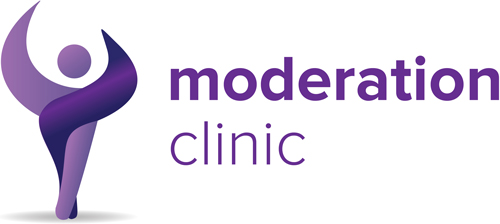One of the most effective tools at our disposal in the journey towards mental well-being is cognitive behavioural therapy (CBT).
Grounded in the understanding that our thoughts, feelings, and behaviours are interconnected, CBT empowers individuals to identify and challenge negative thought patterns, cultivate healthier coping strategies, and reclaim control over their lives. In this blog, we embark on a journey of self-discovery and growth, exploring the transformative power of CBT and how it can help you navigate life’s challenges with resilience and clarity.
Understanding CBT
At its core, CBT is based on the principle that our thoughts influence our emotions and behaviours. Individuals can reframe their perspectives and foster healthier outcomes by identifying and challenging maladaptive thought patterns. Unlike traditional psychotherapy, which may focus extensively on exploring the past, CBT primarily focuses on the present moment and equips clients with practical tools to manage their symptoms and improve their quality of life.
The Therapeutic Process
CBT is a collaborative and goal-oriented approach to therapy, where clients and clinical psychologists work together to identify specific goals and develop targeted strategies to achieve them. In the initial stages of therapy, you’ll work with your clinical psychologist to identify the thoughts, emotions, and behaviours contributing to your distress. Through guided introspection and evidence-based techniques, you’ll learn to challenge negative thought patterns, develop adaptive coping skills, and cultivate greater self-awareness and resilience.
Core Techniques of CBT
CBT encompasses a diverse array of techniques and strategies aimed at promoting positive change. Cognitive restructuring involves identifying and challenging cognitive distortions, such as catastrophising, black-and-white thinking, and personalisation, and replacing them with more balanced and realistic alternatives. Behavioural activation encourages individuals to engage in enjoyable and meaningful activities, thereby increasing feelings of pleasure and mastery. Additionally, exposure therapy involves gradually exposing oneself to feared situations or stimuli, allowing for the desensitisation of anxiety-provoking triggers.
Real-Life Applications
The principles and techniques of CBT apply to a wide range of mental health concerns, including anxiety disorders, depression, PTSD, OCD, and more. Whether you’re struggling with social anxiety, perfectionism, or low self-esteem, CBT offers practical tools for managing your symptoms and reclaiming your life. Through compelling case studies and testimonials, we’ll explore how individuals have overcome their challenges with the help of CBT, highlighting the transformative impact it can have on one’s mental well-being.
Embracing Change
As you embark on your journey of self-discovery and growth with CBT, it’s important to remember that change takes time and effort. Be patient and compassionate with yourself as you navigate the ups and downs of therapy, and celebrate each small victory along the way. By embracing the principles of CBT and committing to the process of change, you can cultivate resilience, reclaim control over your thoughts and emotions, and live a life filled with meaning, purpose, and fulfilment.
Cognitive Behavioral Therapy stands out as a beacon of hope and empowerment in the vast landscape of mental health interventions. By equipping individuals with practical tools to challenge negative thought patterns, manage distressing emotions, and cultivate healthier behaviours, CBT offers a path towards lasting change and emotional well-being. As you embark on your journey with CBT, remember that you are not alone—your clinical psychologist is here to support you every step of the way, guiding you towards a future filled with possibility and potential.
Author: Dr Kevin Glisenti
